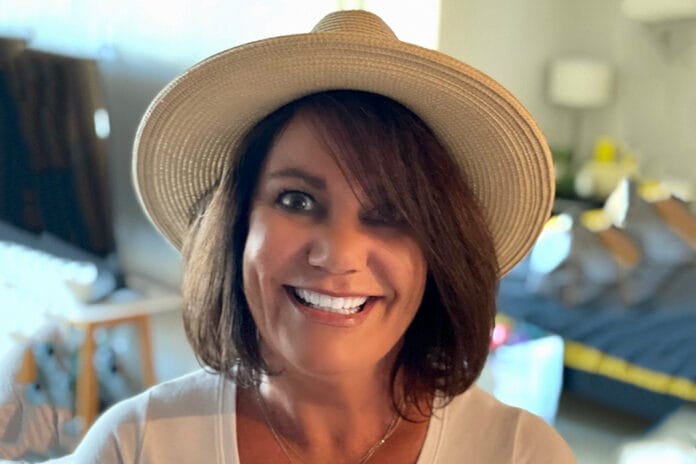An independent California hygienist who treats special needs patients in her private practice is one of three recipients of the 2021 Today’s RDH Honor Awards.
Darla Dale, BSDH, RDHAP, is a 36-year veteran in the profession who opened a dental hygiene practice in Eureka (approximately 100 miles from the Oregon border). She was also the state dental hygiene association’s president when dental offices were transitioning to reopen during the COVID-19 pandemic.
Dale was nominated by Jeannette Diaz, MSDH, RDHAP, for the award. Diaz noted Dale’s certification as a registered dental hygienist in alternative practice (RDHAP) and said that her peer “primarily serves individuals with intellectual and developmental disabilities … Darla has been a trailblazer in the dental hygiene profession … for the work that she does for a population that is underserved and often forgotten.”
Dale’s modest office on E Street is noted by a sign with just her name and credentials. But it is a larger space than where she started, featuring three operatories and a “large dental surgery room.” She has an anesthesiologist, a dentist, and a dental assistant as part of the team providing care. A full-time administrative assistant speaks fluent Spanish to expedite communication with Eureka’s Hispanic community.
She said, “The types of special needs patients I treat in my practice are children and adults with autism, Down syndrome, cerebral palsy, and intellectual delay. Ages range from 18 months to 80. Many I have known for 25 years. I also see many seniors on a fixed income and other DentiCal patients who cannot access care for various reasons.”
She has worked closely with Wilmer Hechanova, DDS, in providing dental care to patients.
“He provides restorative care to patients who cannot, for various reasons, receive treatment in the clinic environment, and I assist him with these patients,” she said. “Many have unique behavior issues that we try and overcome to provide the appropriate dental treatment.”
Dale is also the dental coordinator at Redwood Coast Regional Center, which provides health care treatments for more than 4,000 patients with developmental disabilities in four northern California counties. She started the position after listening to two faculty members from the University of the Pacific, Dr. Paul Glassman and Christine Miller, RDH, discuss access to care for the special needs population. In addition, she began a hospital-based dentistry program for these patients, where she also provides dental anesthesia.
“I knew that I wanted to make a difference in my professional career, so, when they offered a dental coordinator position, I stepped up to help and began working part-time as the dental coordinator,” Dale said. “Previously, these patients did not get care or had to drive five hours to San Francisco to get care. This was a great hardship for these patients.”
Her role as dental coordinator involves oral assessment, routing patients into appropriate treatment, and locating dental professionals to provide treatment. She also oversees a desensitization program for high-risk patients and an in-home oral hygiene program. With the latter, she works closely with a dental assistant in providing in-home dental disease prevention to patients who need “extra dental disease prevention assistance.”
“Some of my favorite memories are the relationships I have built with many of these patients who I have been seeing for over 20 years,” Dale said. “Another favorite memory is a parent telling me their child with autism will never be able to sit in a dental chair and receive care. After three desensitizing visits, the child became a great, well-behaved patient.
“It gave me a sense of accomplishment and makes me feel I am making a difference. I am happy to have many of these successful stories.”
Dale is a long-time advocate for the California Dental Hygienists’ Association (CDHA), serving two terms as president during the pandemic.
She said, “It was important to me that as president of the California Dental Hygienists’ Association that I be included and was able to participate in the COVID-19 Clinical Care Workgroup because dental hygienists are part of the dental team and should be included in the decisions made by dental practices to provide dental care in this pandemic.”
She noted that many dental hygienists had concerns about work safety during the pandemic.
“I think the biggest challenge going forward, with the continuing pandemic looming, is that many dental hygienists have chosen to quit the profession, and we are experiencing a dental hygiene shortage in many areas,” Dale said. “This causes a delay in preventive treatment with many offices not able to fit patients into their schedules and a delay in their preventive appointments. It has also caused the most vulnerable patients to go untreated when residential facilities and skilled nursing facilities are shut down to dental care when the pandemic flares up.”












